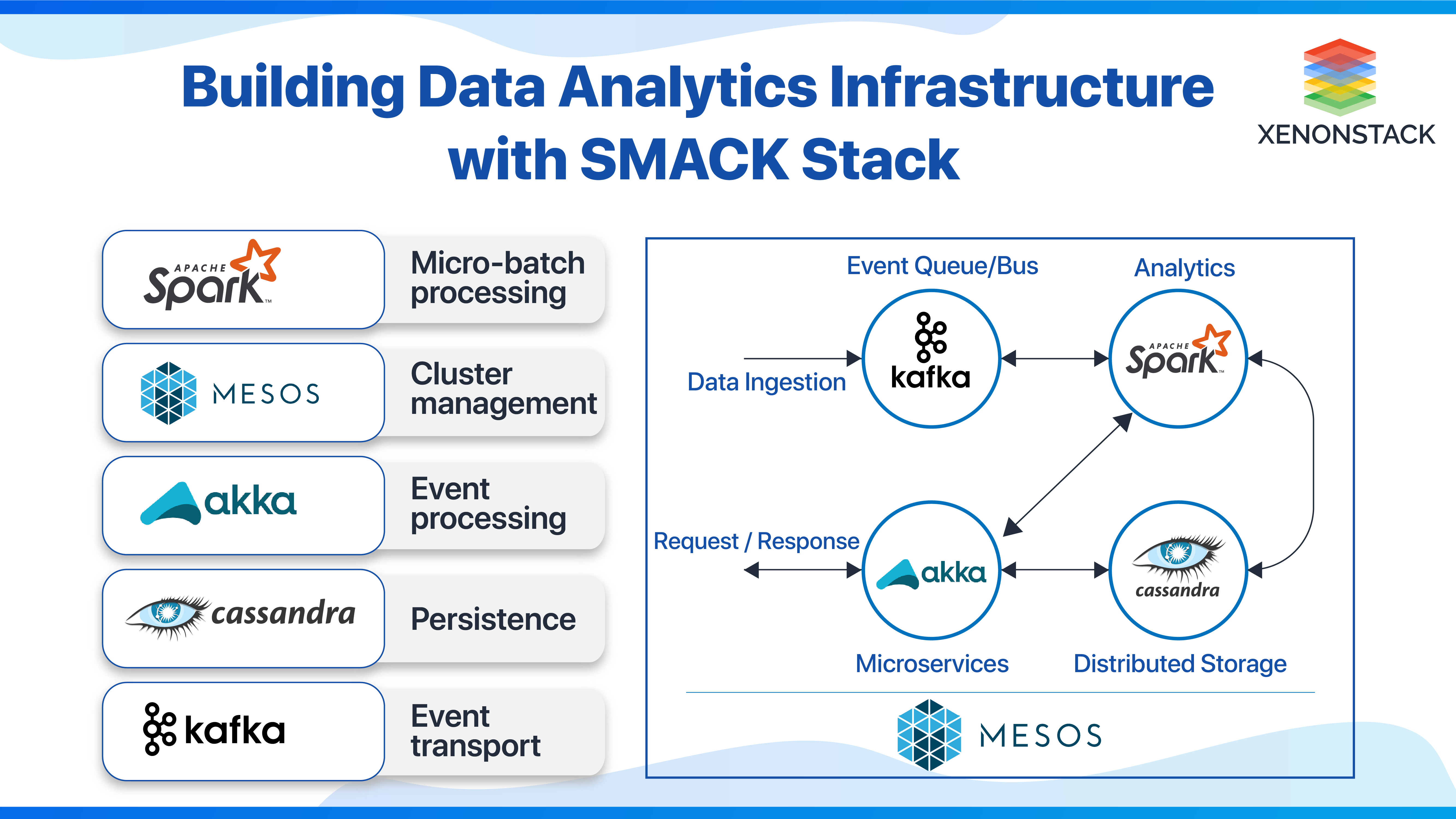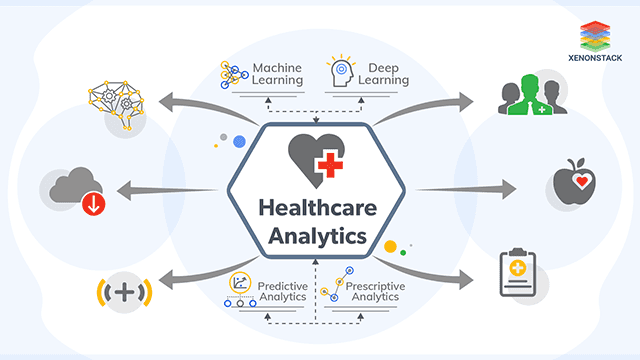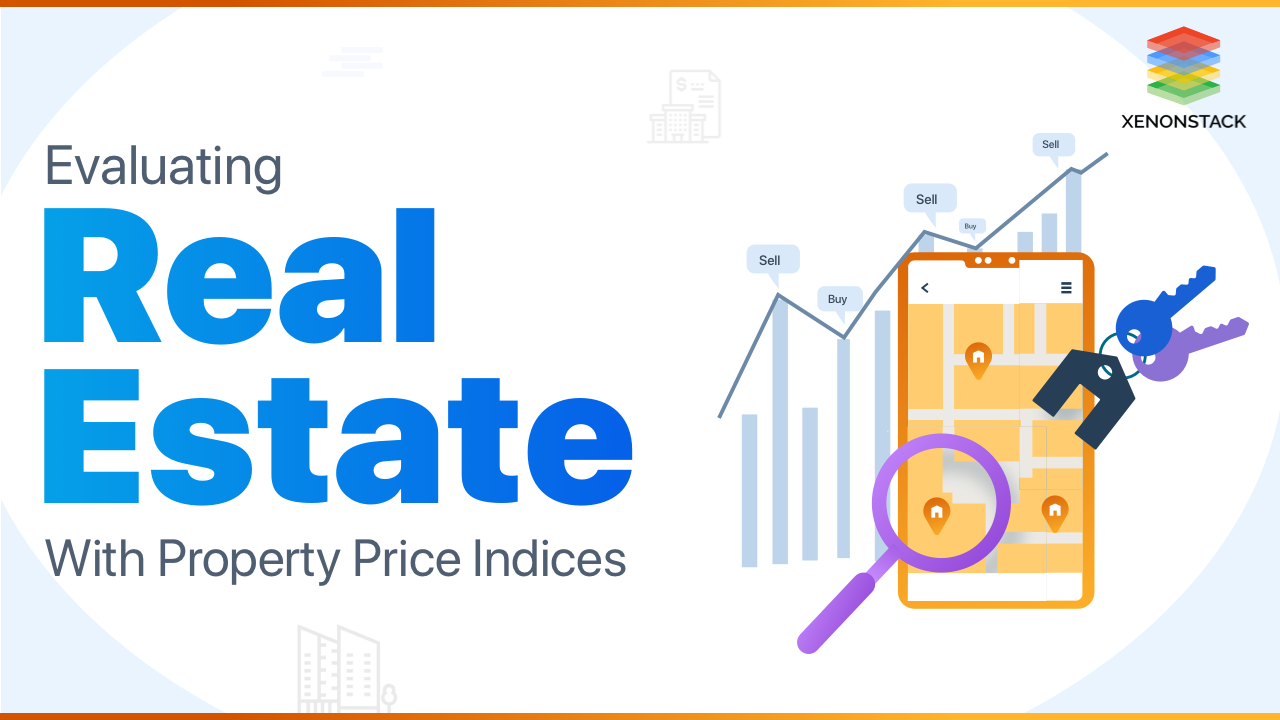
Building E-Learning Analytics Platform
Big Data is carving Educational Sector to study through software, receive instant feedback, student's behavior and results. Big Data Analytics Platform in E-Learning concentrates on the use of data to leverage training results. With the usage of powerful tools such as predictive analysis, multi-source knowledge mapping, and machine learning, it is likely to design a system that provides individual Learning Analytics needs. Incorporating analytics with online learning results in a more extensive and in-depth evaluation of pupils. Big Data Analytics impacts education in various ways -
- Career Predictions and Recruitment Strategies
- Social and Emotional Intelligence
- Agile Decision-Making
- Better Learning Experience
- Data-Driven Organisation
E-Learning Platform provides teachers and students to connect online providing a virtual classroom to teach thousands of students at the same time.
Challenges for Building Real-Time Analytics Platform
- Build a Real-Time Analytics Platform to analyze the performance of students involving daily attendance, the presence of student during regular online sessions, marks of students in various tests conducted.
- Tracking of daily and weekly performance by students in Real-Time using the Platform.
Solution Offering for an E-Learning Platform
- E-Learning platform built using Microservices architecture having tables logically divided into multiple databases to perform management, scaling, load management, database for different parts of the E-Learning platform.
- Build a data warehouse to migrate tables of all databases into the data warehouse and build analytics platform on it.
Steps to Build Platform
- Data Ingestion Using Apache Nifi
- Generate Apache Kafka Event
- Real-Time Aggregation using Apache Spark Streaming
- Daily and Weekly Apache Spark Jobs
- Analytics Dashboard
Building In-Memory Analytics Platform
In-Memory Analytics fastens data capture, minimizes business risks, eliminating data indexing. Enterprise Resource Planning (ERP) devoted to customize data, handle and upgrade deployments. It is an Enterprise Application to manage the business and automate services.
Features of In-Memory Analytics
- Decision Insights
- Agile Business Demands
- Faster implementation of Business Intelligence
- Operational Analytics
- Shortened Query Response Time
- Performance Management
Business Value of In-Memory Platforms
- Query and Reporting
- Online Analytical Processing (OLAP)
- Finance
- ERP Systems
- Mobile Business Intelligence
- Predictive Analytics
Enterprise Resource Planning Factors
- User Participation and Involvement
- Minimize customizations
- Alignment of Team along with a purpose
- Change Management
- Process Management and Project Planning


